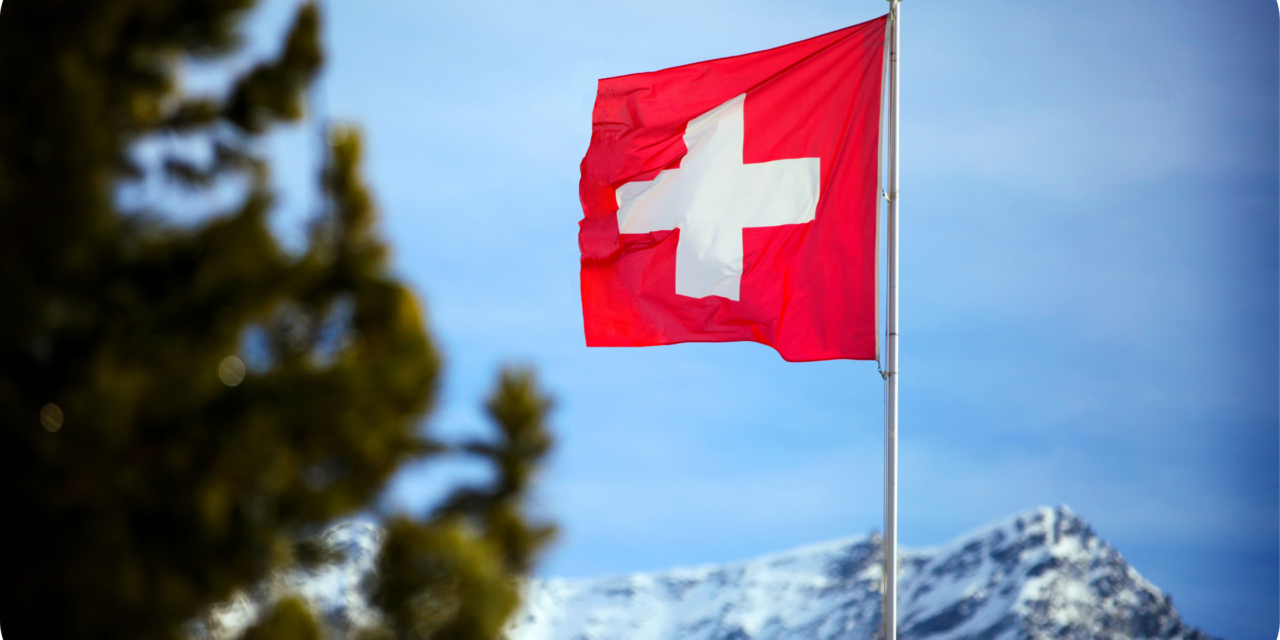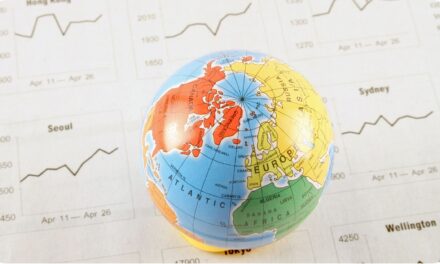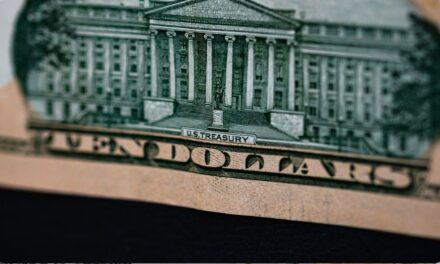Swiss National Bank: Negative rates for years to come
The SNB has not changed its monetary policy, maintaining its rate at -0.75% and remaining ready to intervene in the foreign exchange market when necessary. The SNB expects inflation to be very low in the coming years, indicating that no tightening of monetary policy is to be expected
Monetary policy unchanged
As expected, the SNB decided not to change its monetary policy in March. As it has done since the beginning of 2015, it is keeping its key rate at -0.75%, the lowest level in the world. In addition to its key rate, the SNB continues to use intervention in the foreign exchange markets as its main monetary policy tool when it deems necessary. It states that it remains “ready to intervene on the foreign exchange market if necessary, taking into account the situation for all currencies”.
From this point of view, the SNB is in a much more comfortable position than it was in 2020. The better global inflation and growth outlook has led the Swiss franc to depreciate against the euro and the dollar since February, allowing the SNB to rely less on foreign exchange intervention to limit the appreciation of the Swiss franc. Nevertheless, the SNB still considers the Swiss franc to be “highly valued”.
Minimal revision of inflation forecasts
As expected, the SNB has revised its inflation forecasts for 2021 and 2022 due to higher oil prices and the weakening of the Swiss franc. However, the revision is extremely small. It expects inflation to be 0.2% in 2021 compared to 0% in its December estimate. Inflation was -0.7% for the whole of 2020, making 2020 the fifth year since 2000 with a negative annual inflation figure.
The expected rise in inflation is still low for the following years. The SNB expects 0.4% in 2022 (0.2% expected in December) and 0.5% in 2023. As these forecasts are extremely low, they indicate in our view that the SNB remains very dovish. With inflation expected to be 0.5% in 2023, it seems clear that we should not expect the SNB to raise its key interest rate in the next few years, contrary to what we can expect elsewhere in the world. Nevertheless, as these inflation forecasts are positive, we can also rule out a further rate cut in the future, in the absence of a negative shock. -0.75% seems to be the rate level for a long time to come in Switzerland.
Lastly, the SNB forecasts economic growth of between 2.5% and 3% for Switzerland in 2021, after the 3% drop in GDP in 2020. We forecast 2.9% for 2021. The SNB expects that the severe health restrictions related to a further wave of the coronavirus will lead to a decline in GDP in 1Q 2021, before a recovery from the second quarter. Switzerland could therefore return to its pre-crisis level of activity in the second half of 2021, well ahead of most neighbouring European countries.





